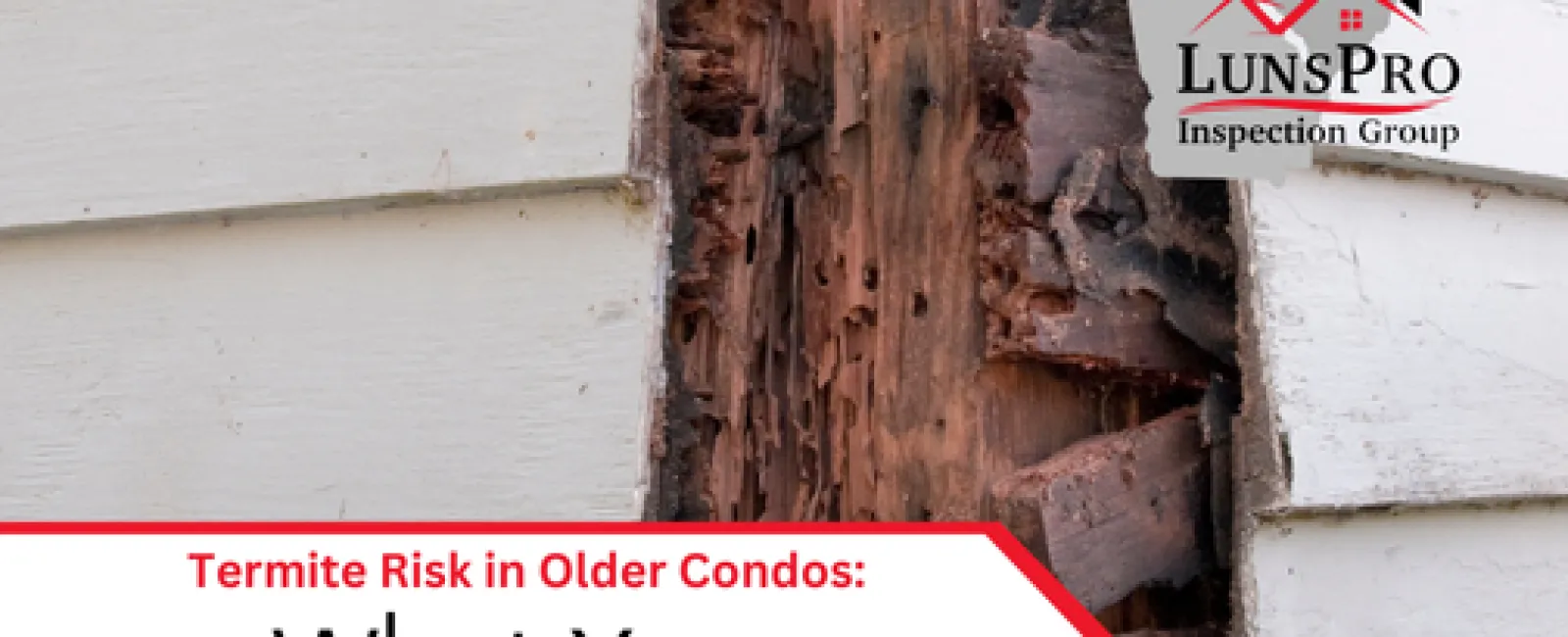While inspecting a 1982 condo, a key issue was identified that often gets overlooked: siding in direct contact with the soil. This seemingly minor detail can lead to major problems, particularly when it comes to termites.
Why Direct Soil Contact is a Problem
Termites are a constant concern, especially the subterranean variety. These pests live in the soil and can easily access your home if the siding or other wood materials are directly in contact with the ground. When the structure of a home meets the soil, it creates an easy pathway for termites to invade and cause significant damage before you even realize they're there.
Homes, particularly those built several decades ago, often have design elements that unintentionally encourage termite infestations. Direct soil contact is one of the most common culprits, providing termites with the perfect environment to thrive.
The Importance of Regular Inspections
During a home inspection, it's crucial to check for areas where the siding, or any other part of the structure, touches the soil. If this issue is found, the next step is to seek further evaluation by a professional pest control contractor. They can assess the extent of the problem and recommend termite treatment and prevention measures.
It's also important to ensure that your property is bonded, meaning it has been treated and is under warranty for future termite issues. This not only protects your home from further damage but also gives you peace of mind.
Termite Prevention Tips
- Create a Barrier: Make sure the siding of your home or condo is at least 6 inches above the soil level.
- Regular Treatment: Professional pest control treatments should be part of your regular maintenance routine.
- Clear Debris: Keep mulch, wood, and other organic materials away from the foundation of your home.
- Routine Inspections: Annual termite inspections can catch problems early, saving you from costly repairs down the road.
At LunsPro Inspection Group, we take these issues seriously. Our comprehensive inspections cover all aspects of your home, from structural concerns to potential pest problems. Trust us to help you protect your investment. Don't wait until termites cause damage—get your inspection today.

